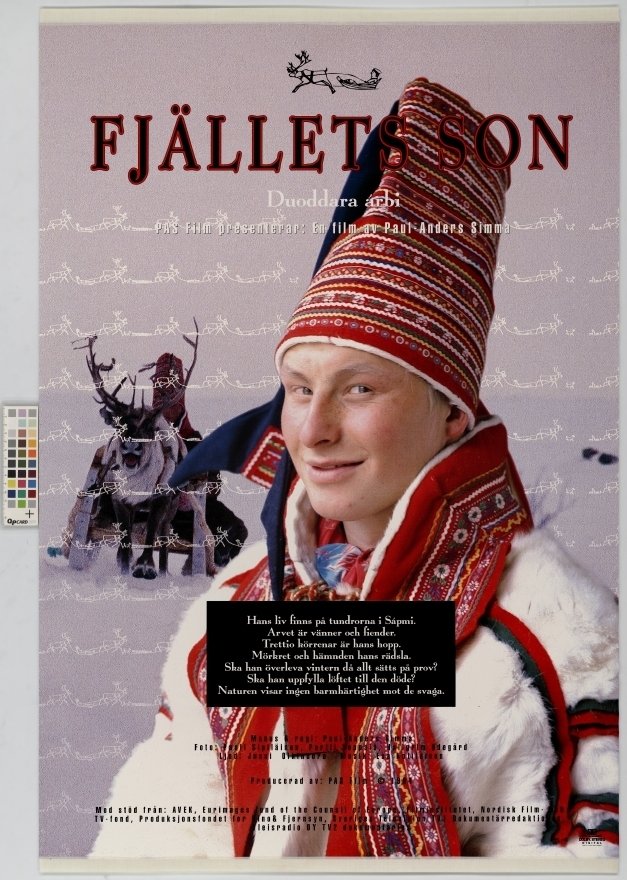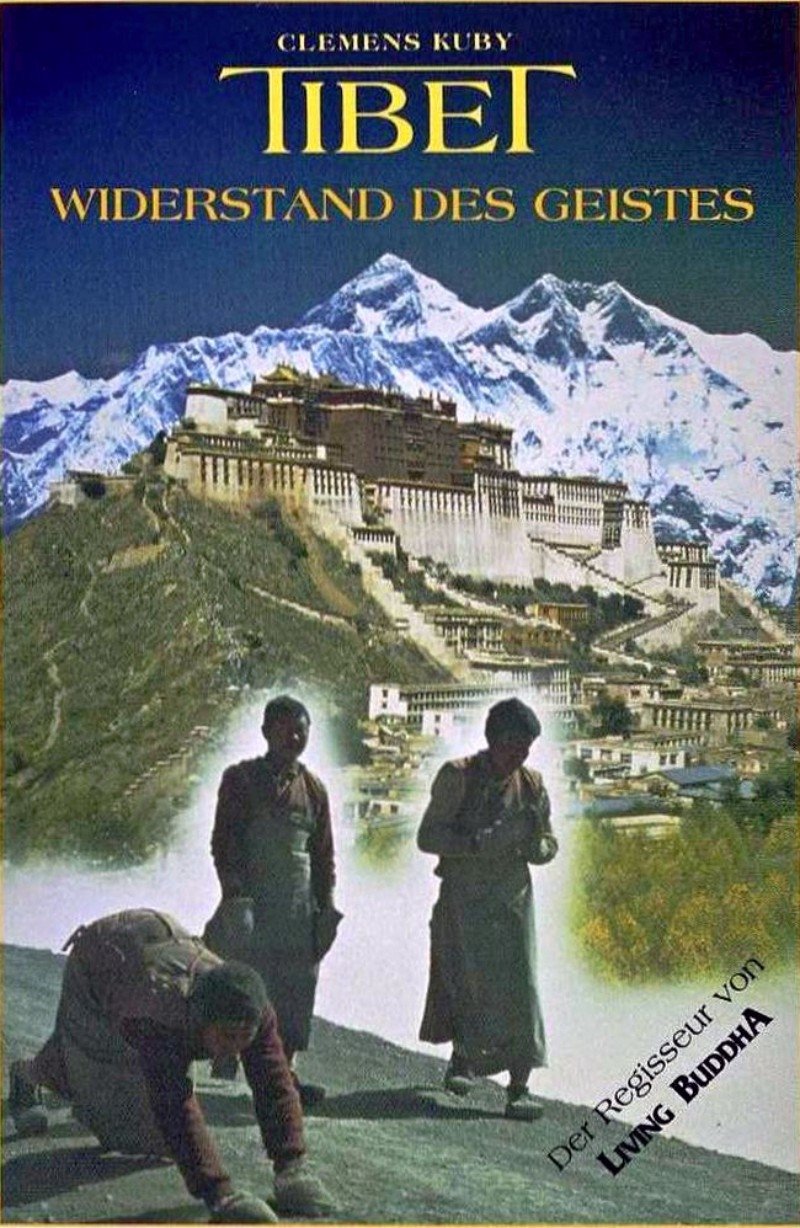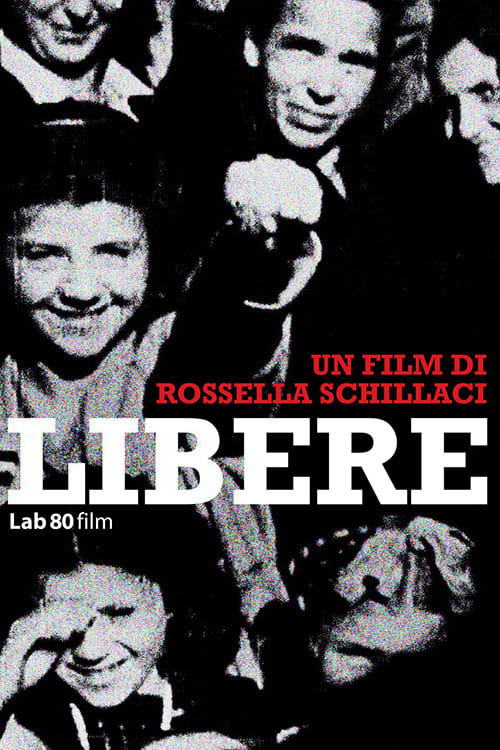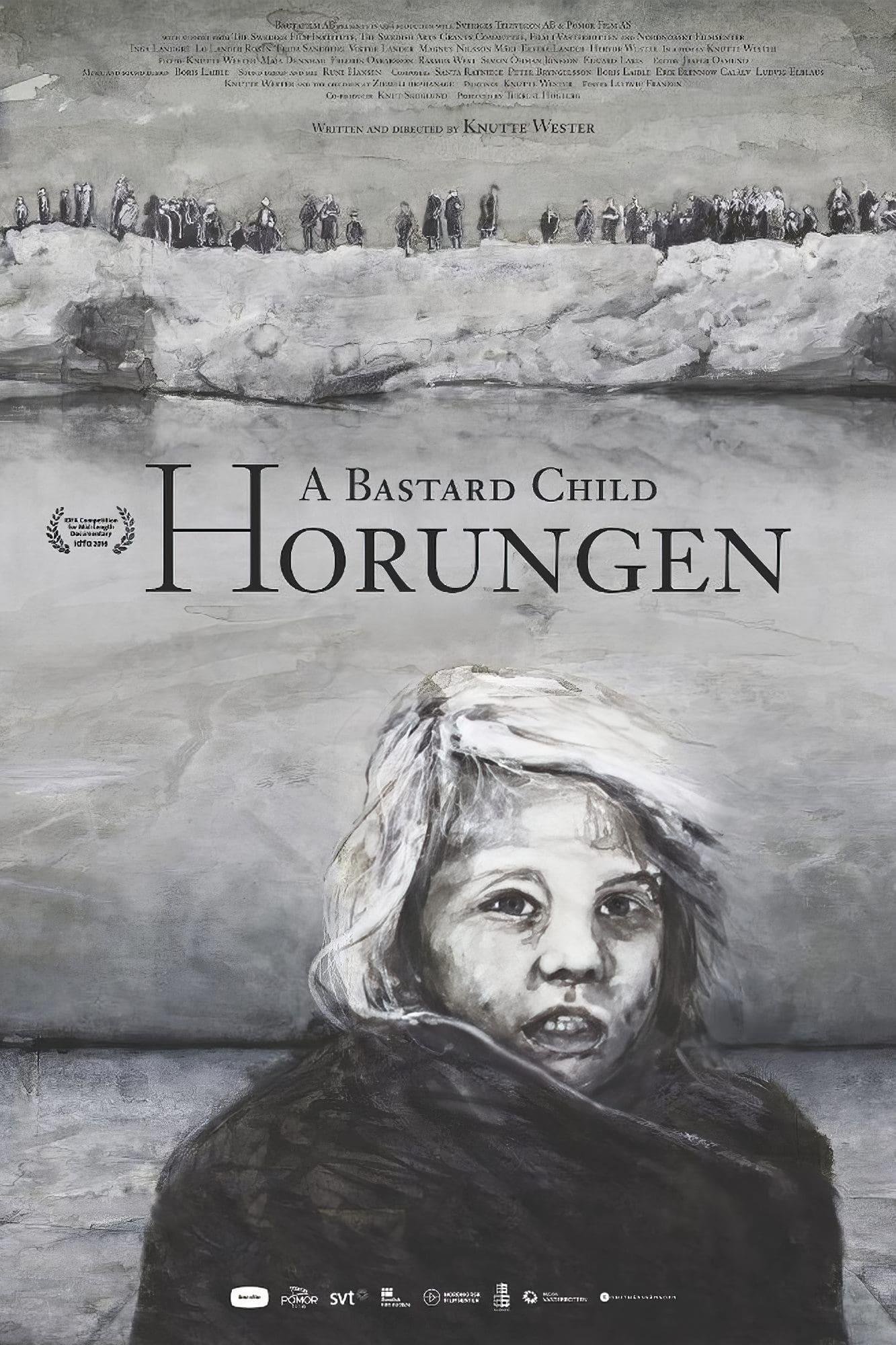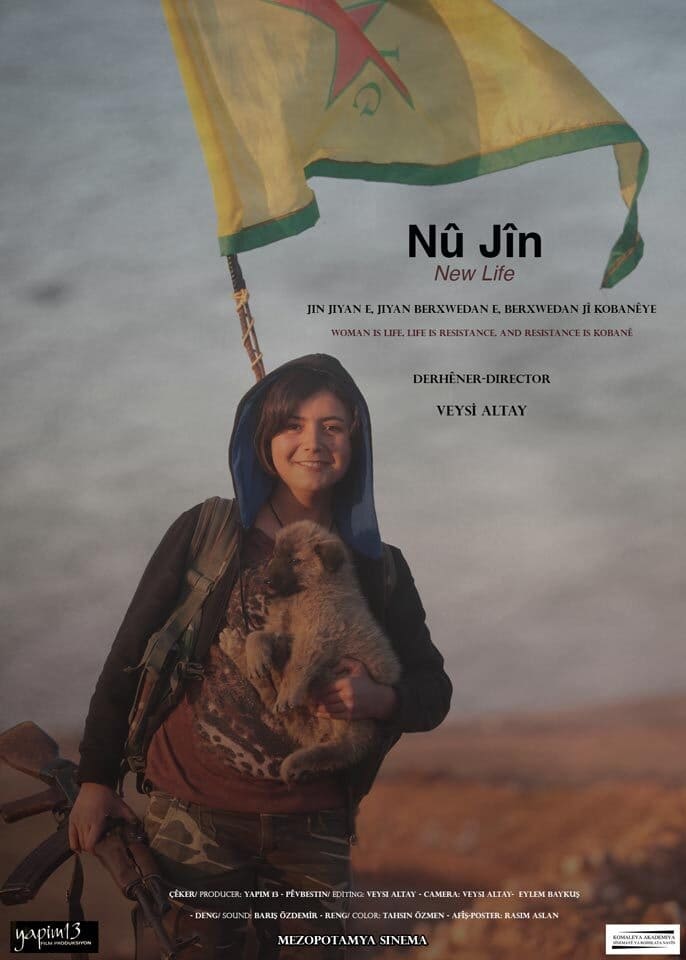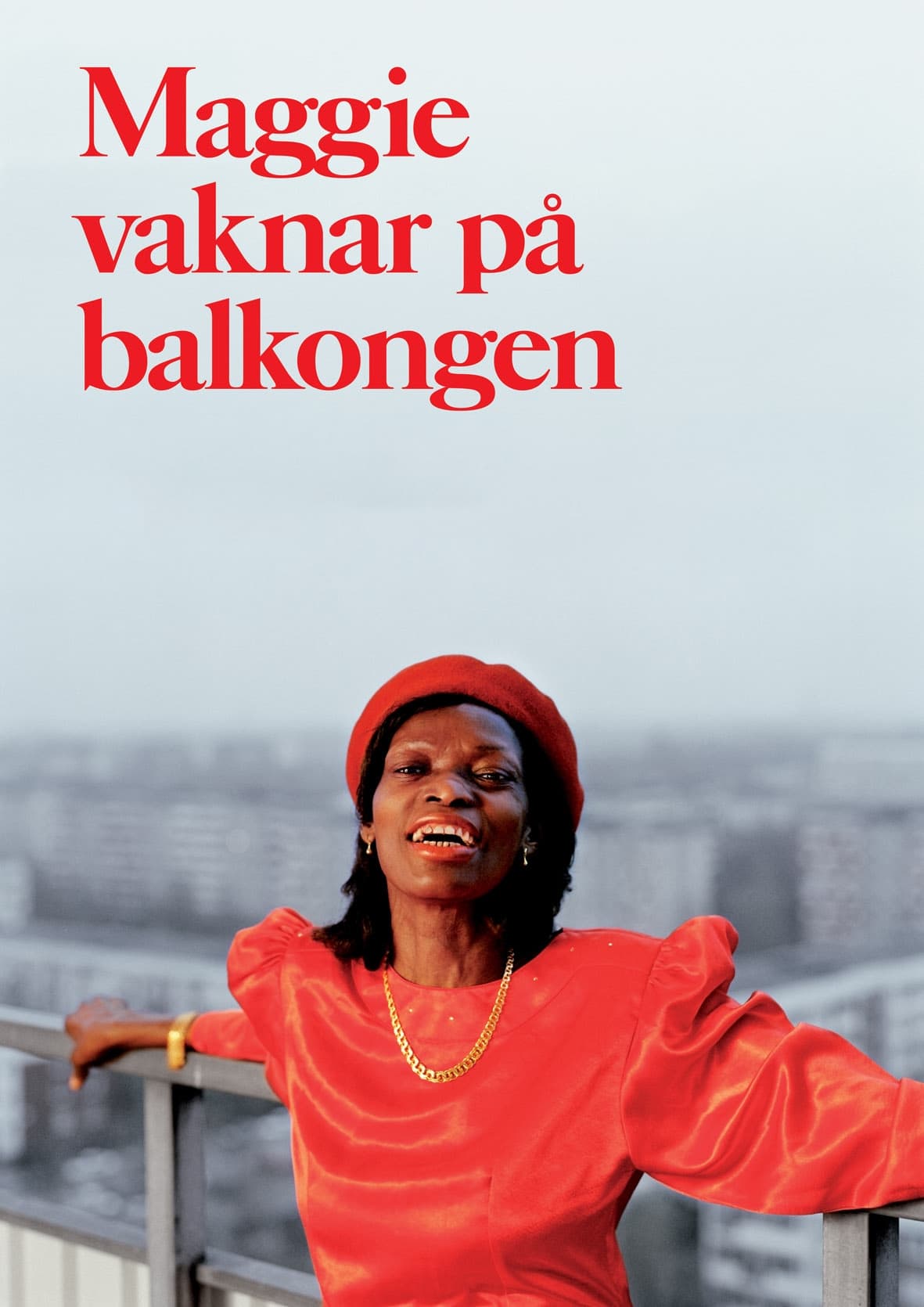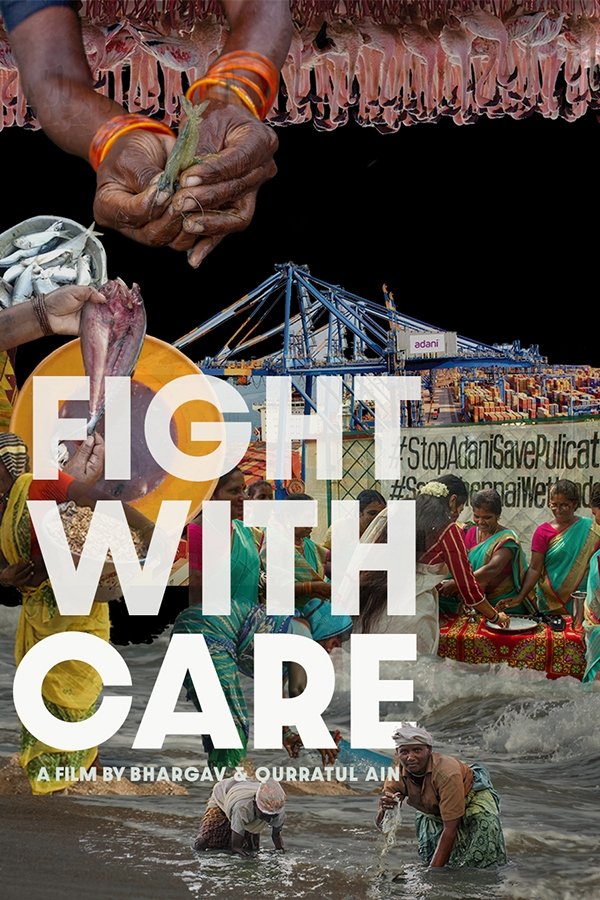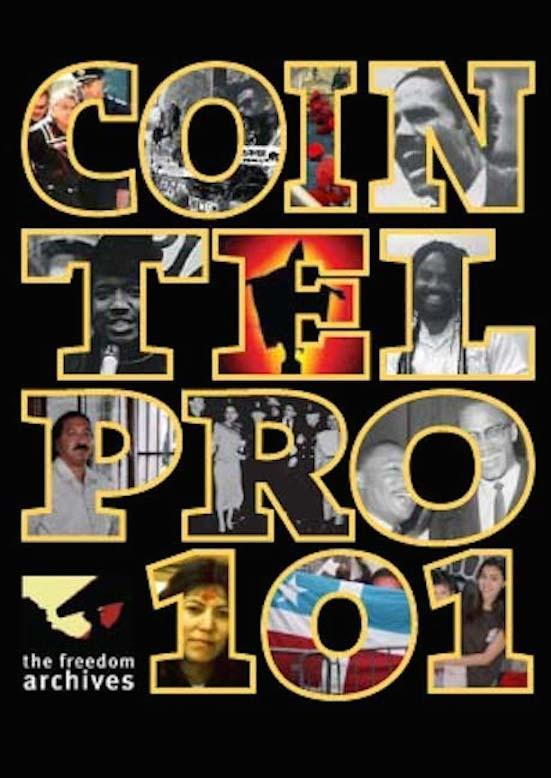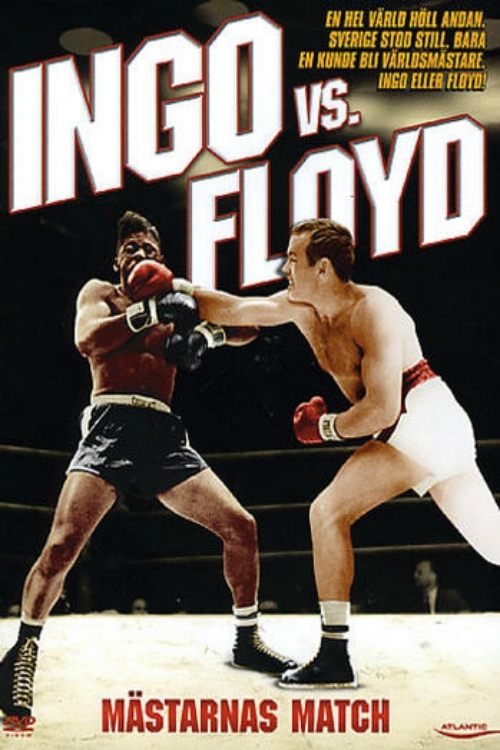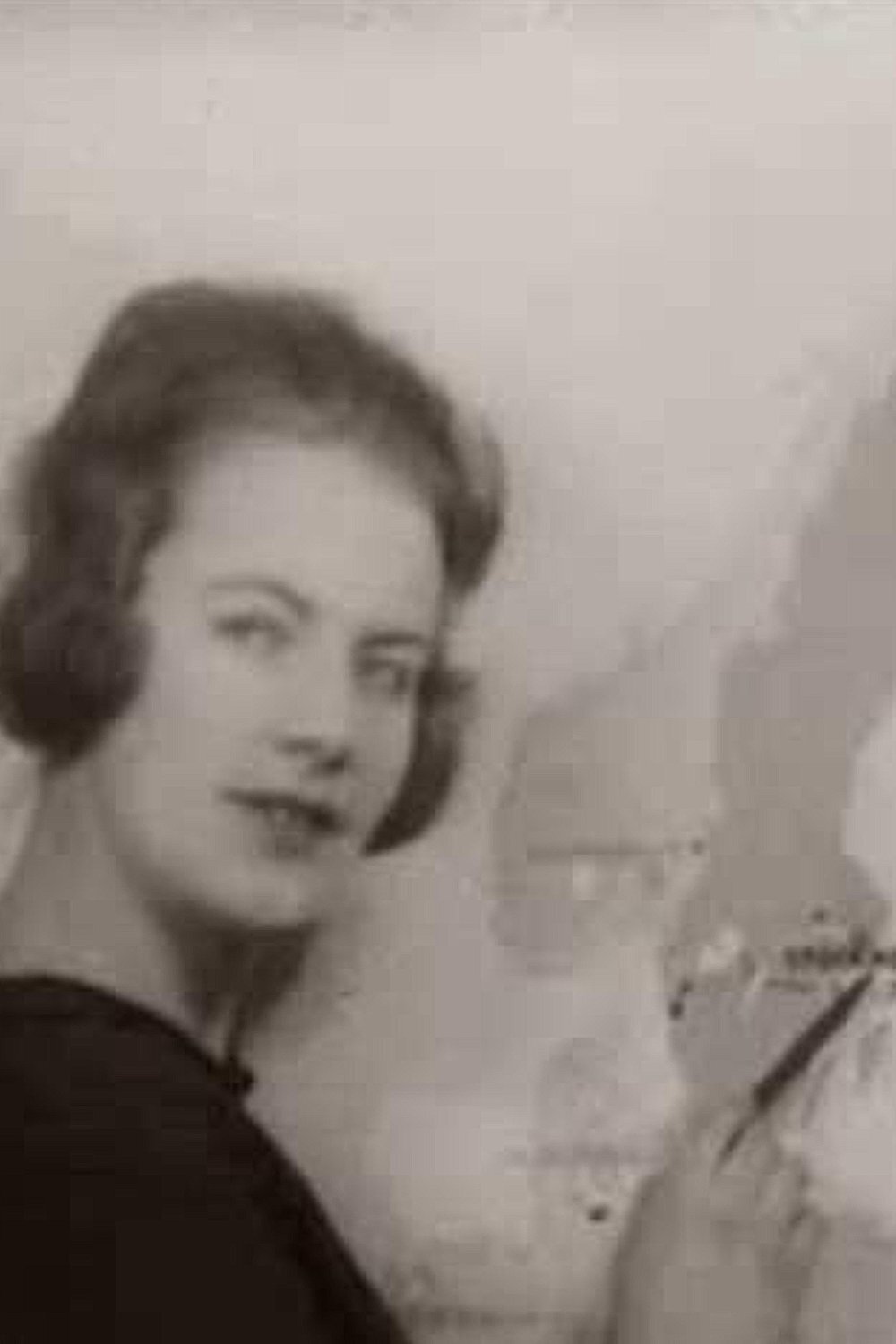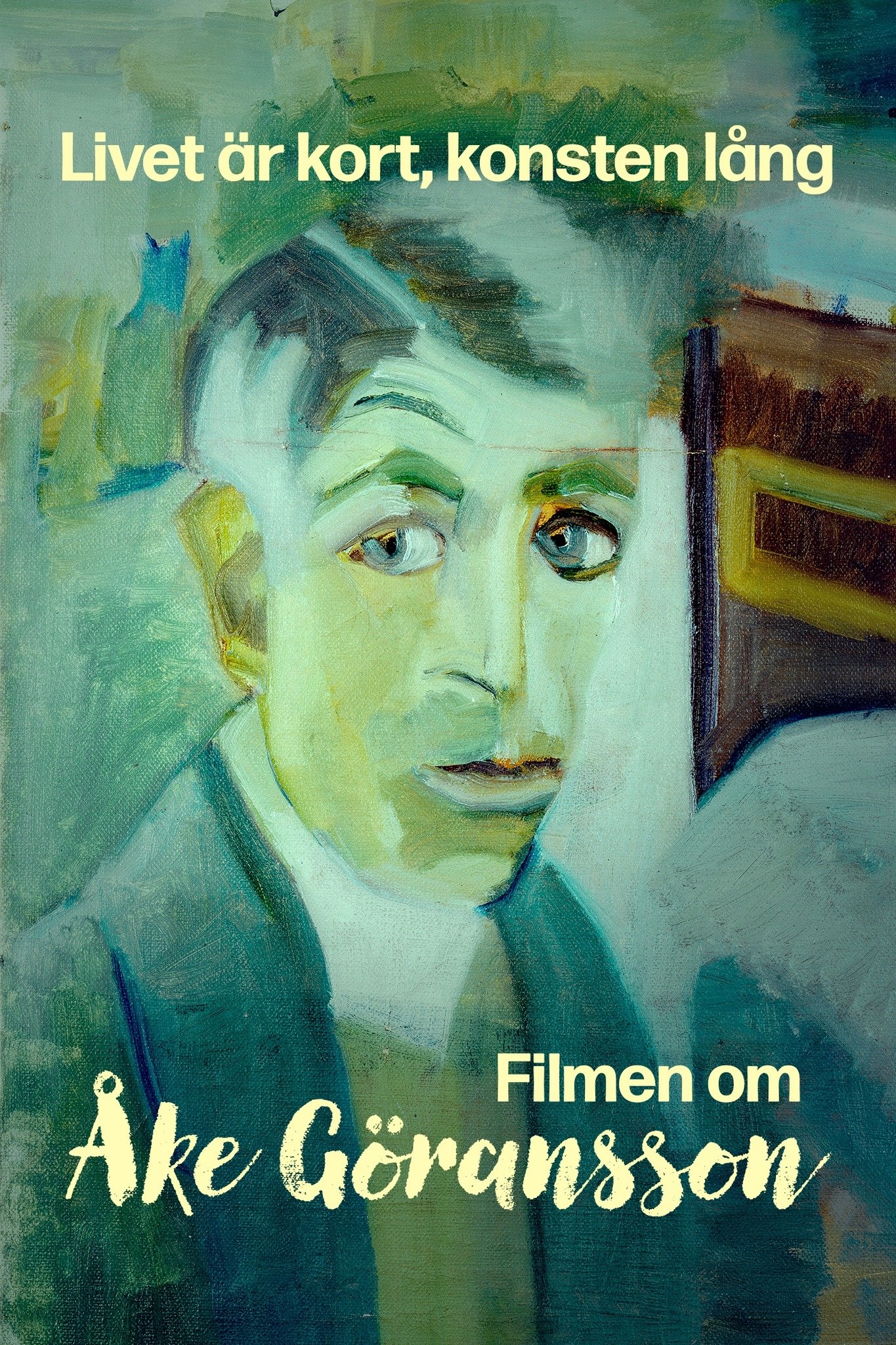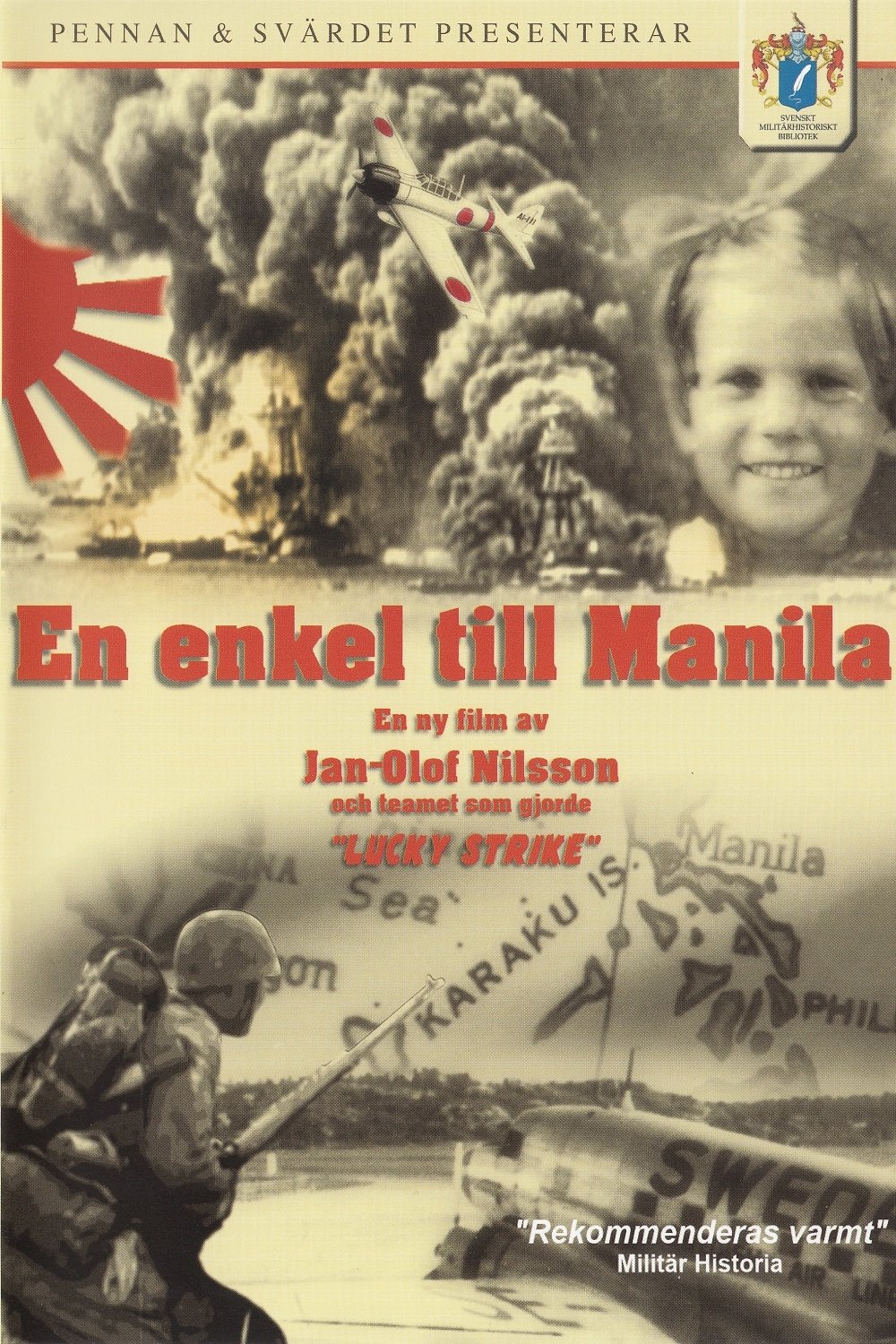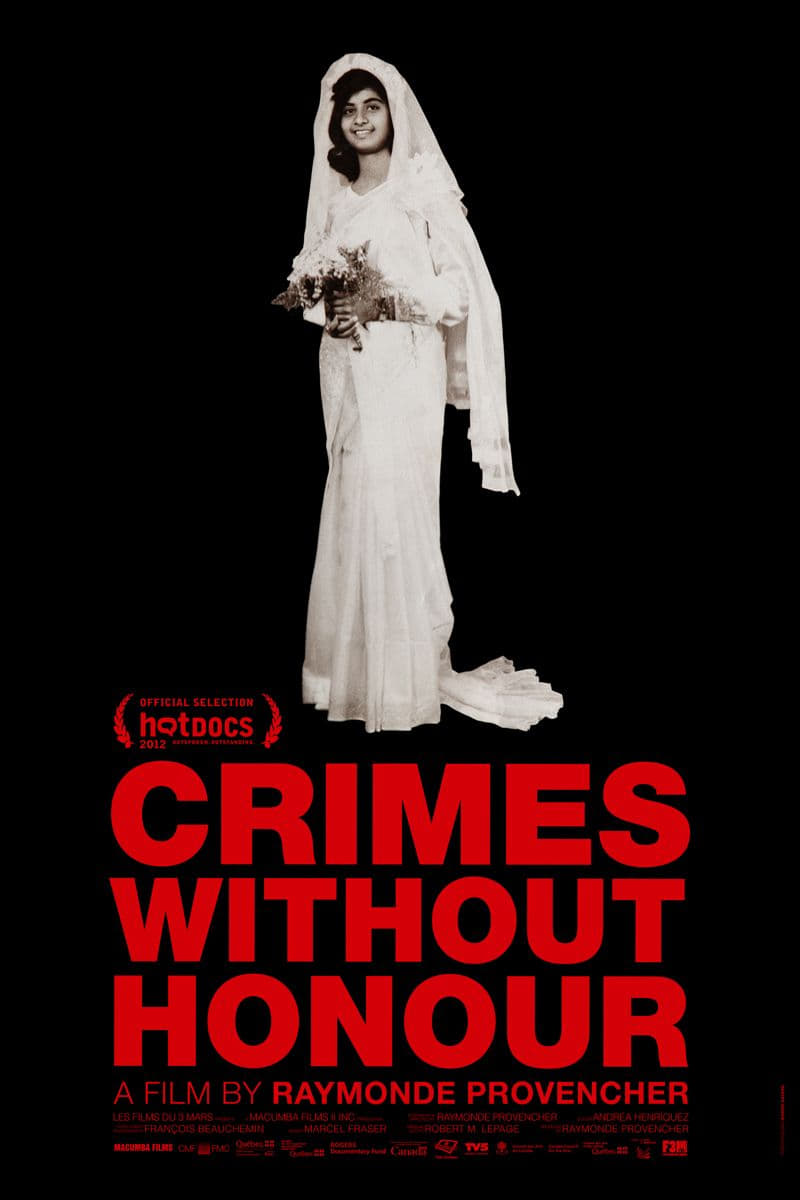The Gállok Rebellion ()
Overview
A movie about the struggle in Gállok, a struggle against british Beowulf Mining Plc. For clean water and a mine free Sápmi.
Production Companies
Additional Info
| Budget | $0.00 |
|---|---|
| Revenue | $0.00 |
| Original Language | sv |
| Popularity | 0.4398 |
Directed By
Crew
TOP CAST
Similar Movies
Displaced Perssons
Per Persson left Sweden 40 years ago. In Pakistan he fell in love and became the father of two daughters. Trouble starts when the girls grow up and the family decides to emigrate to Sweden. When they end up living in a caravan outside Hässleholm, all their expectations are dashed.
Duoddara árbi
There's a funeral in Sapmi. The dead is the father of 17-year old John-Andreas. He now remembers what his father told him shortly before his death. Will John-Andreas manage to take over? It's tough to continue, when reindeers keep disappearing.
A Bastard Child
In 1909, in an undemocratic Sweden, a bastard child is born and given the name of Hervor. Her mother is unmarried, due to which she is called a "whore' and is driven from her home. Hervor grows up at shelters and orphanages, unwanted, rejected by society. As an adult she spends her life struggling for social justice. In old age she tells us her story. Director Knutte Wester brings his grandmother's memories to life thought hand-painted animated images and has us witness someone being rejected in order to unite others. A story that all too often still repeating itself.
New Life
"Nû Jîn", New Life, with the slogan ' Woman is life. Life is resistance and resistance is Kobanê', depicts the daily life of women guerillas, Elif Kobanê (18), Vîyan Peyman and Arjîn, joining in the Women's Protection Units (YPJ) in their battle against ISIS. The documentary relates the ISIS assault of 15 September 2014 and the five-month resistance by the YPJ and People's Defense Units (YPG) through the lens of three women fighter
Maggie in Wonderland
A portrait of Maggie, through Swedish everyday life. Maggie always co-ordinates high heels with a beret, and she loves gold. She lives on the 15th floor in one of Malmö’s suburbs. Her balcony is littered with reminders of her previous life. Under a golf bag, next to a racing ticket from 1999, are the remains of a pigeon that she killed when she couldn’t sleep.
Fight with Care
Expanding industrial infrastructure on Chennai's coast threatens the fragile ecology of Ennore-Pulicat wetlands. These wetlands protect our city from floods and their fertile waters sustain diverse artisanal fishing villages. FIGHT WITH CARE brings you the voices of fisherwomen who maintain this delicate ecosystem through everyday acts of care.
Tiananmen: The People Versus the Party
The true story of the seven weeks that changed China forever. On June 4, 1989, pro-democracy demonstrations were violently and bloodily repressed. Thousands of people died, but the basis for China's future was definitely planted.
COINTELPRO 101
COINTELPRO 101 exposes illegal surveillance, disruption, and outright murder committed by the US government in the 1950s, 60s, and 70s. “COINTELPRO” refers to the official FBI COunter INTELigence PROgram carried out to surveil, imprison, and eliminate leaders of social justice movements and to disrupt, divide, and destroy the movements as well. Many of the government's crimes are still unknown. Through interviews with activists who experienced these abuses first-hand, with rare historical footage, the film provides an educational introduction to a period of intense repression and draws relevant lessons for the present and future.
Kukutza III
Kukutza III was a gaztetxe (self-managed social centre) in the neighbourhood of Rekalde, Bilbao. It was occupied in 1998, and it was evicted by the police in 2011. The documentary shows some activities that were hosted by the gaztetxe.
The Masters Game - Ingo vs. Floyd
A documentary about one of the most famous classic boxing match with the legendary swedish boxer Jens Ingemar "Ingo" Johansson going to New York to face the then current champion, Floyd Patterson.
Sweden and Swedish Industries
In this promotional film in five parts, Greta points at the town of Malmö on a wall map.
Algeria in Flames
These are the first images shot in the ALN maquis, camera in hand, at the end of 1956 and in 1957. These war images taken in the Aurès-Nementchas are intended to be the basis of a dialogue between French and Algerians for peace in Algeria, by demonstrating the existence of an armed organization close to the people. Three versions of Algeria in Flames are produced: French, German and Arabic. From the end of the editing, the film circulates without any cuts throughout the world, except in France where the first screening takes place in the occupied Sorbonne in 1968. Certain images of the film have circulated and are found in films, in particular Algerian films. Because of the excitement caused by this film, he was forced to go into hiding for 25 months. After the declaration of independence, he founded the first Algerian Audiovisual Center.
Palme's Secret Agent
At the height of the cold war a struggle broke out between Governments from all over the world as to which position to take about the system of apartheid in South Africa. Leading the fight was Olof Palmes' Swedish Government, which covertly funneled over US$ 1 billion to the resistance movement. This money was given without the knowledge of either the Parliament or the Swedish populace. At the center of the net in South Africa was a Swedish diplomat called Birgitta Karlström Dorph. Meanwhile at the UN the Swedes with their Scandinavian counterparts attempted to win the argument for economic sanctions. This led to bitter arguments which saw Palme leading the fight against the Reagan and Thatcher administrations.
Crimes Without Honour
Every winter in a cemetery near Stockholm, activists gather to keep the memory of Fadime Sahindal alive. A Kurdish immigrant to Sweden who was murdered by her father in 2002, Fadime has become an international symbol of the debate over cultural traditions that accept the use of violence to control women's behaviour. In Crimes Without Honour, four extraordinary activists risk everything to publicly challenge these traditions and tell their own stories of physical and emotional violence. While they practice different faiths, hail from different parts of the world and have immigrated to different countries, all make it crystal clear that the justification for these crimes is an entrenched family power structure of male supremacy—one that crosses borders, cultures and religions. Raymonde Provencher has crafted a vital addition to a growing body of films about crimes related to patriarchal traditions of family honour.

